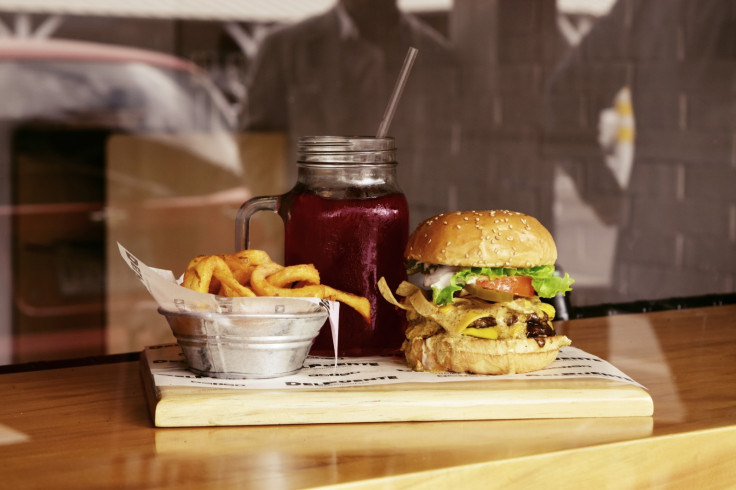What are 'ultra-processed' foods and do they cause cancer?
KEY POINTS
- New study finds link between cancer and foods such as packaged bread and chicken nuggets.
- Experts have questioned the vagueness of the term "ultra-processed".
Highly processed foods such as packaged bread and chicken nuggets have been linked to cancer in a new study.
Foods produced in factories containing ingredients not used in traditional domestic kitchens were found to be associated with the disease by a team of French researchers.
Scientists assessed the diets and medical records of almost 105,000 adults who took part in the NutriNet-Sante cohort study. This tracked their intake of 3,300 different foods between 2009 and 2017.
A 10% increase in the consumption of what researchers deemed "ultra-processed" foods appeared to contribute to a 12% increase in cancer.
But what are ultra-processed foods, and should we be worried if we eat them?
What are ultra-processed foods?
Foods such as mass-produced packaged breads and buns; snacks including crisps, chocolate and sweets as well as foods almost entirely containing sugar, oils and fats were considered ultra-processed by the researchers. Sweetened drinkings including soda; processed meats and fish such as nuggets; instant noodles and soups; and frozen and shelf-life ready meals also fell into this category.
How seriously should we take these findings?
The study acknowledged that further research was needed to better understand the effects of different types of processing.
"The results are very strong – very consistent and quite compelling," Mathilde Touvier, lead author of the study, told The Guardian. "But we have to be cautious. It is the first study. We should not be alarmist. These results need to be confirmed in other prospective studies."
Some experts have criticised the term "ultra-processed" for being too vague and said further research was needed to find a causal link between these foods and cancer.
"One of the limitations of the study is that the definition of ultra-processed is too broad and vague which makes it impossible to be able to ascertain exactly what ( if any) causal connections between ultra-processed foods can be linked with cancer," Linia Patel a registered dietitian and British Dietetic Association (BDA) spokesperson told IBTimes UK.
"As the definition is so vague misclassification of foods in this is very likely. For example, shop bought bread can be nutritious if you choose the right one. If you buy it from a shop it doesn't mean that makes it automatically bad for you. Read labels and be informed," she added.
"We are a long way from understanding the full implications of food processing for health and well-being. More research is needed to be done to fully understand the role that nutritional composition, food additives and food processing and so on have on health.
Dietitian Aisling Pigott chimed that "the use of this language 'ultra-processing' gives an impression of almost zero nutritional value."
She told IBTimes UK: "In truth, across the world, food is more processed and this has become more normalised in society. Some foods on this list may actually offer positive nutritional value, whilst others won't."
"We cannot oversimplify foods or demonise foods, simply because they have been processed," she said.
What should we take from this study?
"I think we should take a couple of points from this: the benefits of home cooked foods and the benefits of fruits, vegetables and whole grains," said Pigott.
Patel stressed that the study "cannot conclude that ultra-processed foods are a cause of cancer. It is far more complicated than that".
"We also know that other risk factors like smoking, being overweight, being inactive all play a role. If you do eat processed foods now and again – don't worry – as long as your diet overall is healthy and balanced and contains a lot of fibre, fruit and vegetables.. and you keep active."
Commenting more generally on warnings against food or claims that foods that should be consumed in moderation such as wine are "healthy", Pigott added: "In general, if it sounds too good to be true.... It probably is.
"Unfortunately, we live in a world where we are so keen to define food as 'good' and 'bad' that we forget that no food is wholly good or wholly bad it's about general balance."























